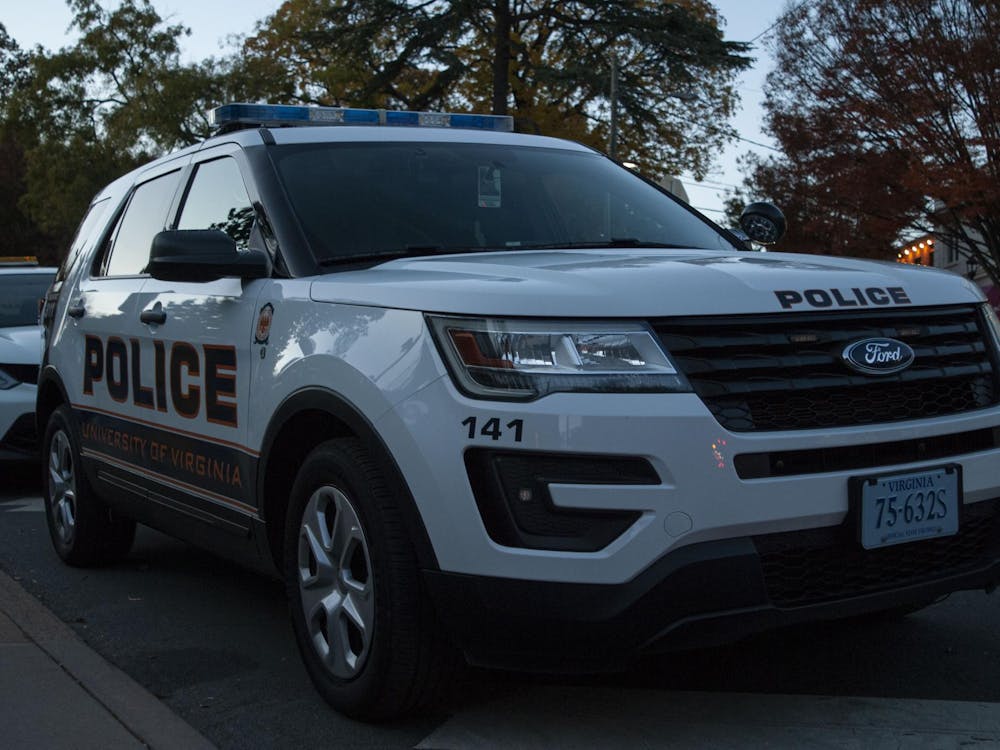Two University professors were part of a team of researchers selected to design a carbon emissions auction on behalf of the Regional Greenhouse Gas Initiative, an organization composed of 10 Northeastern and Mid-Atlantic states committed to limiting the amount of carbon emissions from the power sector. According to Economics Prof. William Shobe, research director of the Weldon Cooper Center for Public Service, the auction occurred online Thursday, and the results are expected to be posted today.
“The idea of a carbon auction is to define an allowance to emit a ton of carbon dioxide,” Shobe said. “Economists showed that efficiency gains were produced when pollution allowances were sold rather than given away for free.”
The testing ground for the experimental auction, sponsored by the New York Energy and Research Development Authority, was the Wilson Hall economics lab.
“Auctions are finicky,” Shobe said. “Different types work in particular circumstances when you sell goods, so you need to figure out how much you have to sell, how often you need to run actions and whether market conditions will help you sell allowances. You need to test different auction designs in the economics lab.”
For the experimental auction conducted by Shobe and Economics Prof. Charles Holt, students registered via the Internet to participate in buying and selling emissions.
“At U.Va., we had a set of network computers in a room and a bunch of subjects in the lab with a set of carefully structured incentives,” Shobe explained. “They take part in market activities, and we observe the results to test whether different elements of the auction design will have good or bad effects on the outcome.”
The experiment mimicked the actual auction in that the student participants earned money depending on how successfully they traded or sold their carbon allowances.
“Students are good subjects for testing because they are smart and competitive,” Shobe said. “Students can earn a good amount — anywhere from $30 to $100 in an hour and a half.”
Shobe said both he and Holt had strong backgrounds in this type of work before they were selected to work on the RGGI auction.
[Holt] “is a top expert in experimental economics and helped design an electromagnetic auction for the FCC,” Shobe said. “I have worked on carbon auction design for the state of Virginia.”
There is a strong possibility that the carbon auction model with which the University experiments could be expanded on a scale beyond the regional model of RGGI, Holt said.
“I think both presidential candidates have expressed some support for greenhouse gas emission controls,” Holt said. “My feeling is that a federal program will look ... at the first regional program as an example they can learn from by avoiding mistakes or copying good aspects.”






